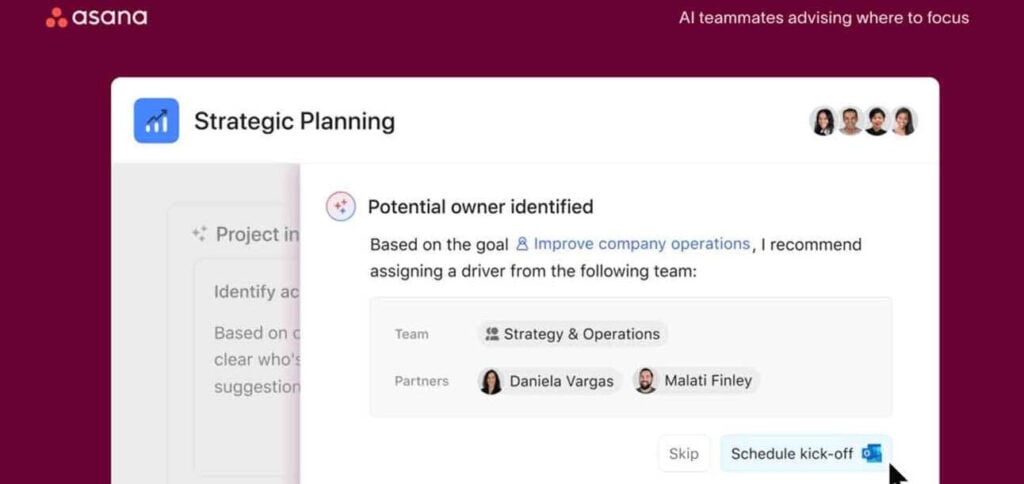Generative AI has the ability to generate text, images and other content using generative models; large companies, such as Microsoft, are investing significantly in this technology, believing it will shape the future.
ADVERTISING
Os search results released by software company Icertis also indicate that AI will transform workforces, strengthening competition and impacting the bottom line in the coming months, not the coming years.
The business leadersariais state that employment levels will be the main macroeconomic factor driving AI adoption through 2024. This is understandable given labor shortages, leading employers to consider AI to perform tasks that would otherwise be performed by human beings.
Currently, more than 75% of companies in the European Union face difficulties finding professionals with the necessary skills to fill jobs, according to data from Eurostat. AI could play a crucial role in reducing this labor disparity.
ADVERTISING
More than half of the C-level executives surveyed also said that AI will intensify competition, closing the gaps between competitors. Additionally, more than 80% of respondents expect generative AI to have a positive impact on their bottom line over the next five years.
However, privacy concerns may hamper the adoption of generative AI in the workplace. More than 40% of executives expressed support for government regulations that prioritize responsibility and ethics over innovation opportunities. Meanwhile, 30% were in favor of faster development.
The research comes a week after international governments signed a “world-first” agreement on AI at a global summit in the UK, aiming to combat the “catastrophic” risks that technology can present. These risks include the development of biological or chemical weapons by AI, the spread of misinformation, and concerns about the storage of personal data, as AI systems require large amounts of data to make predictions.
ADVERTISING
The survey indicated that due to privacy concerns, UK executives are more hesitant to adopt generative AI models such as ChatGPT. More than 41% of executives in the US dariam allowance to its employees, compared to just 30% in the UK.
“This research highlights the significant impact that generative AI can have on business competition and success,” commented Monish Darda, CTO and co-founder of Icertis. “The year 2024 will be crucial as executives determine how to differentiate themselves in this new market,” he added.




